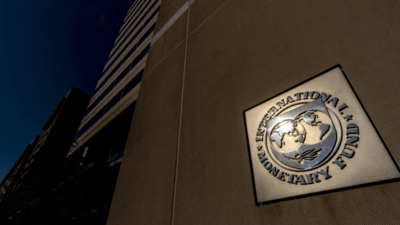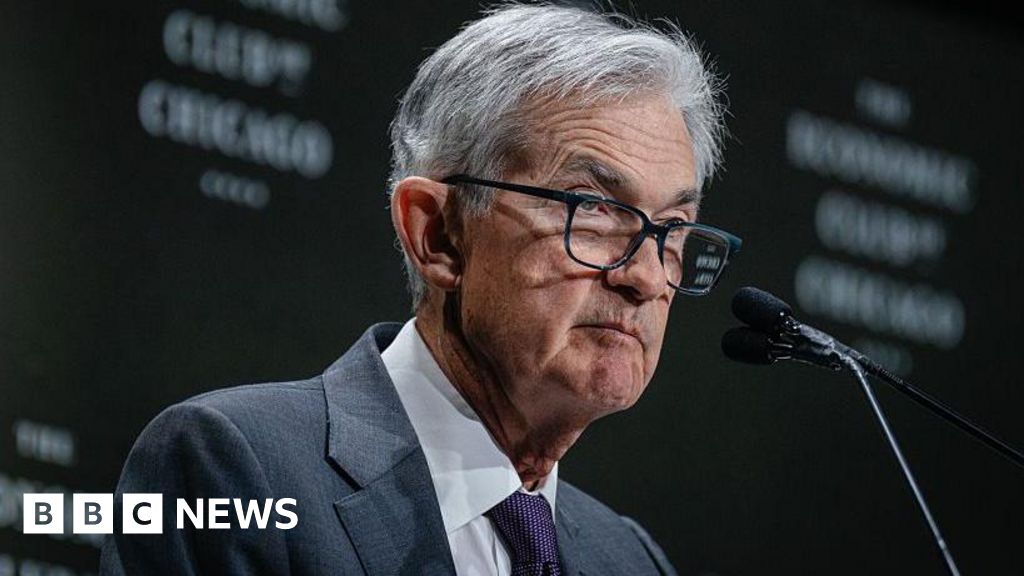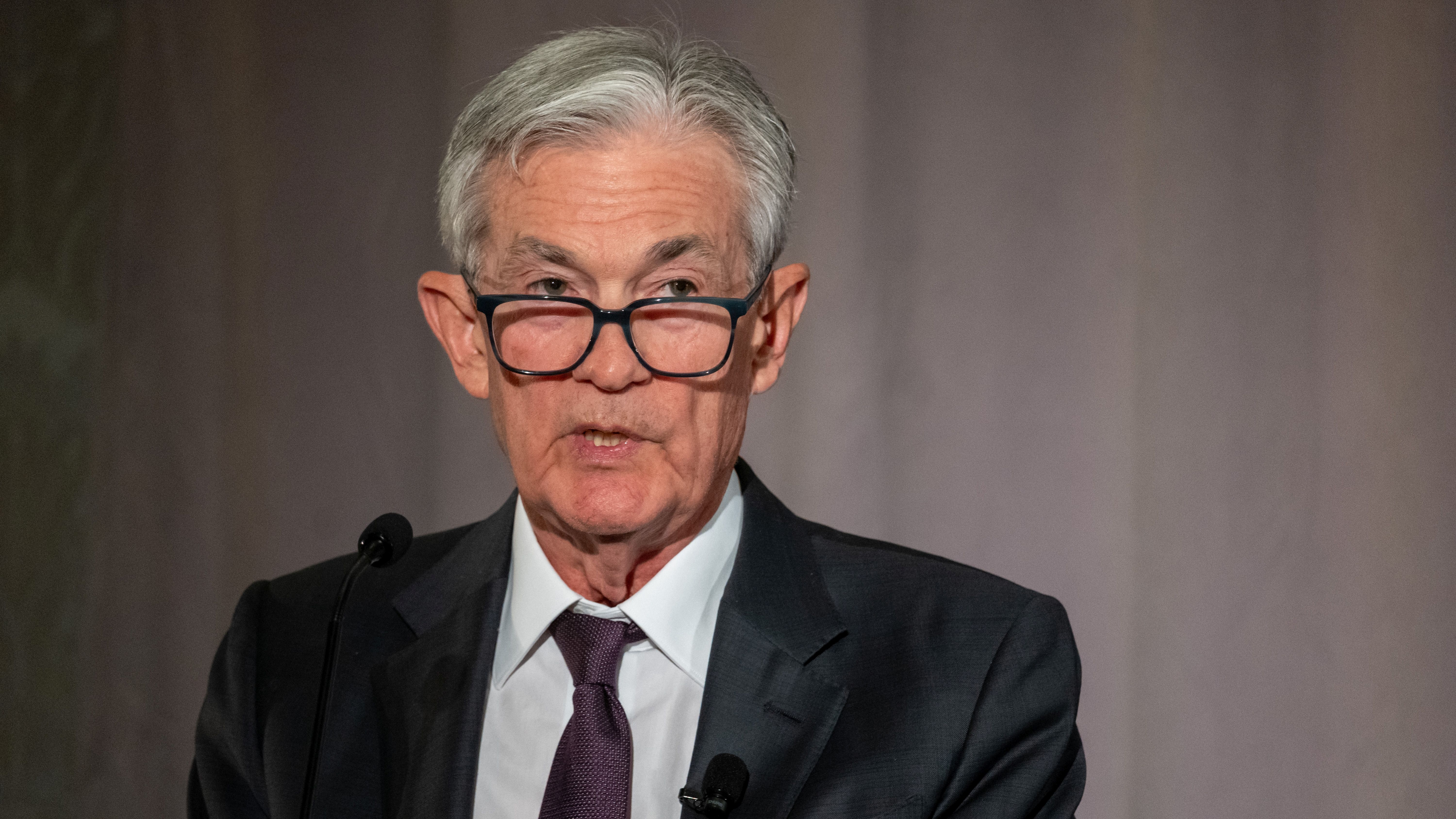Thailand's Economic Growth Faces Challenges from U.S. Tariffs, Warns Central Bank Official

BANGKOK: Thailand's economic landscape is undergoing significant challenges, primarily stemming from the tariffs imposed by the United States on its exports. A senior official from the Bank of Thailand expressed on Thursday that while the country's growth will be impacted, the extent of this impact is expected to be less severe than what was experienced during the COVID-19 pandemic.
Bank of Thailand Assistant Governor Sakkapop Panyanukul addressed these concerns during a briefing, where he highlighted that the U.S. tariffs have not only stifled some production sectors but have also resulted in delays in crucial investment decisions. The ramifications of these tariffs, particularly on Thailand's export activities, are anticipated to manifest in the latter half of the year. Global trade policy uncertainty is a large and prolonged shock that will affect Thailand in many ways, he remarked, emphasizing the far-reaching effects of these policies on economic activities.
The situation is further complicated by the fact that Thailand is one of the Southeast Asian countries most adversely affected by the proposed economic measures introduced by former U.S. President Donald Trump. If no negotiations lead to tariff reductions before a global moratorium ends in July, Thai exports could be subjected to tariffs as high as 36%. This potential increase poses serious challenges for local businesses and trade sectors, particularly in an economy that is already facing uncertainties.
As a direct consequence, the Thailand economy is now projected to grow by less than 2.5% this year, a downward revision from previous forecasts. This decline can be partially attributed to the increase in U.S. imports aimed at lowering Thailand's trade surplus with the United States, which is anticipated to negatively impact local manufacturing sectors. Sakkapop confirmed, GDP will definitely decrease, although he cautioned that the specific magnitude of this decrease remains uncertain.
While the forecast is sobering, Sakkapop did add a note of cautious optimism, stating, The impact will not be small but it will not be as severe as during COVID. He pointed out that thanks to a robust start to 2025, the overall full-year export growth may not suffer drastically.
In terms of inflation, the assistant governor noted that it is expected to decline, largely influenced by supply-side factors. However, he clarified that there is currently no significant pressure on monetary policy. In February, the central bank took proactive measures by lowering the key interest rate by 25 basis points to 2.00%. This decision was framed as a necessary response to the weakening growth outlook and the heightened risks associated with global trade policy shifts.
Looking ahead, the central bank's next rate meeting is scheduled for April 30, where it is expected to release updated economic forecasts that will be closely watched by market analysts and investors alike.

























